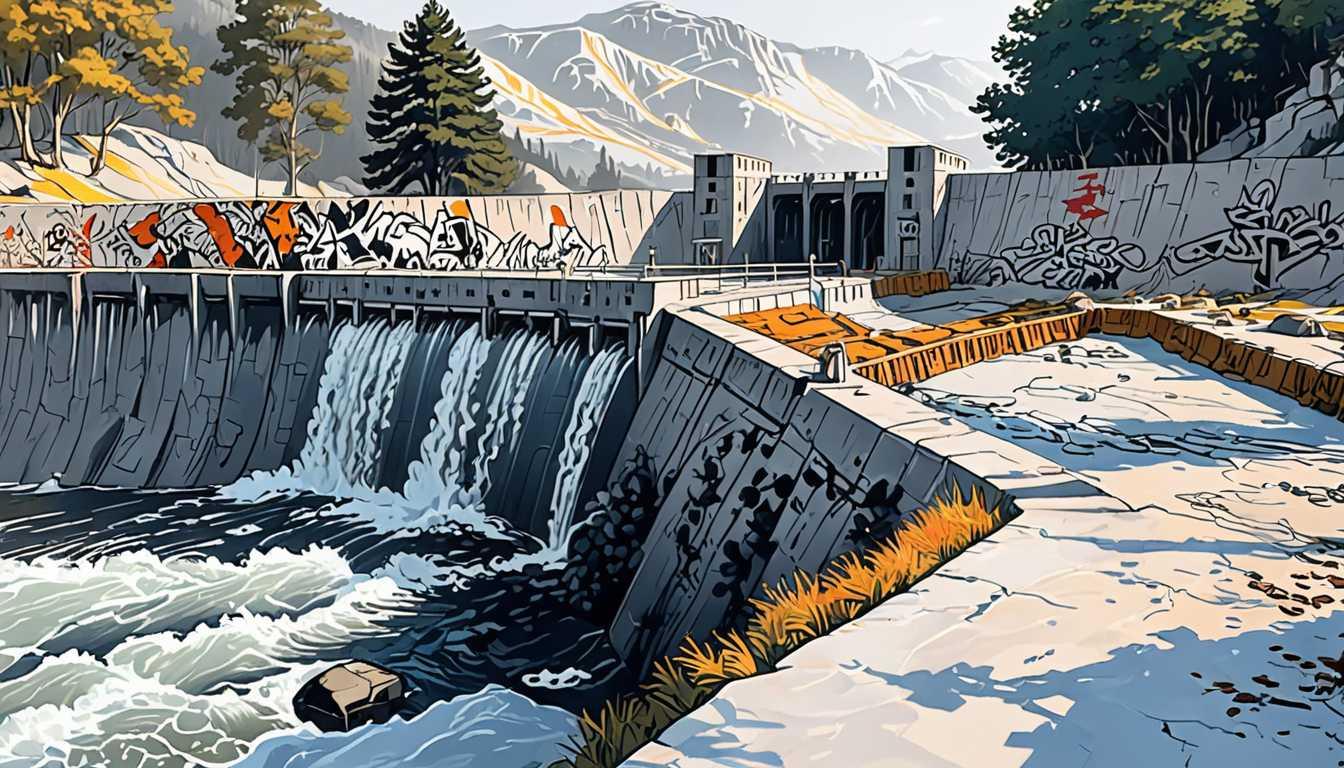When 1°C Means Millions Move
February 2023
Phys Org
Introduction
Imagine a world where a tiny 1°C hike in temperature could send millions packing. That's not a script for a disaster movie; it's real life, according to a study from Phys Org. Researchers found that such a seemingly small change could lead to a staggering ten-fold increase in people forced to leave their homes in Somalia. The study, a collaboration between the University of Oxford and others, peels back the layers on how climate change, conflict, and weather intricately tie into forced migration. It's a wake-up call showing how our planet's slight fever can have huge consequences.
READ FULL ARTICLEWhy It Matters
Discover how this topic shapes your world and future
Heating Up the Conversation
Imagine living in a place where a slight rise in temperature, as small as 1°C, could force you and your community to leave your homes, livelihoods, and memories behind. This isn't a plot from a science fiction movie; it's a reality for many, especially in the African drylands like Somalia. The study from the University of Oxford sheds light on the dramatic effects that seemingly minor changes in climate can have on forced migration. This topic isn't just about numbers and data; it's about real people facing life-altering challenges. It connects deeply to discussions on climate change, human rights, and global responsibility. Understanding this could inspire you to think about the bigger picture of our planet's future and how actions taken today shape the world for generations to come. It's a call to action, urging us to consider how we, as global citizens, can contribute to solutions, no matter how small they may seem.
Speak like a Scholar
Forced migration
Movement of people away from their homes due to factors like war, natural disasters, or in this case, climate change.
Climate econometrics
A field of study that uses statistical methods to understand the economic impacts of climate change.
Pastoralists
People who raise livestock on natural pastures, often moving them from one place to another to find fresh grazing areas.
Adaptation measures
Strategies and actions taken to cope with climate change effects, aiming to reduce vulnerability and risk.
Displacement
The forced movement of people from their locality or environment and occupational activities.
Internally displaced populations (IDPs)
Individuals or groups who have been forced to leave their home or place of habitual residence due to conflict or disaster but have not crossed an internationally recognized state border.
Independent Research Ideas
The role of technology in predicting and managing forced migration
Investigate how advanced technologies like AI and satellite imagery can help predict areas at risk of forced migration due to climate change and plan effective responses.
Comparative study of pastoralist communities
Explore how different pastoralist communities across the world adapt to climate change and how these adaptations impact their likelihood of displacement.
Psychological effects of forced migration
Delve into the mental health challenges faced by individuals and communities who undergo forced migration, focusing on resilience and coping mechanisms.
Economic impacts of forced migration on host communities
Examine how communities that welcome internally displaced populations are economically affected, both positively and negatively.
Climate change education and awareness programs
Research the effectiveness of current climate change education programs in schools and communities in fostering a proactive attitude towards adaptation and mitigation efforts.
Related Articles

Ocean's Hidden Energy Treasures
April 2023
MIT Technology Review

Asia's Climate Crossroads: Risk & Resilience
November 2020
McKinsey & Company

Revitalizing Waterways: A Fresh Take
April 2023
Phys Org

Clearing the Haze: Malaysia's Battle
January 2023
London School of Economics (LSE)

China's Green Dilemma: Costs of Carbon Neutrality
April 2024
Cornell University